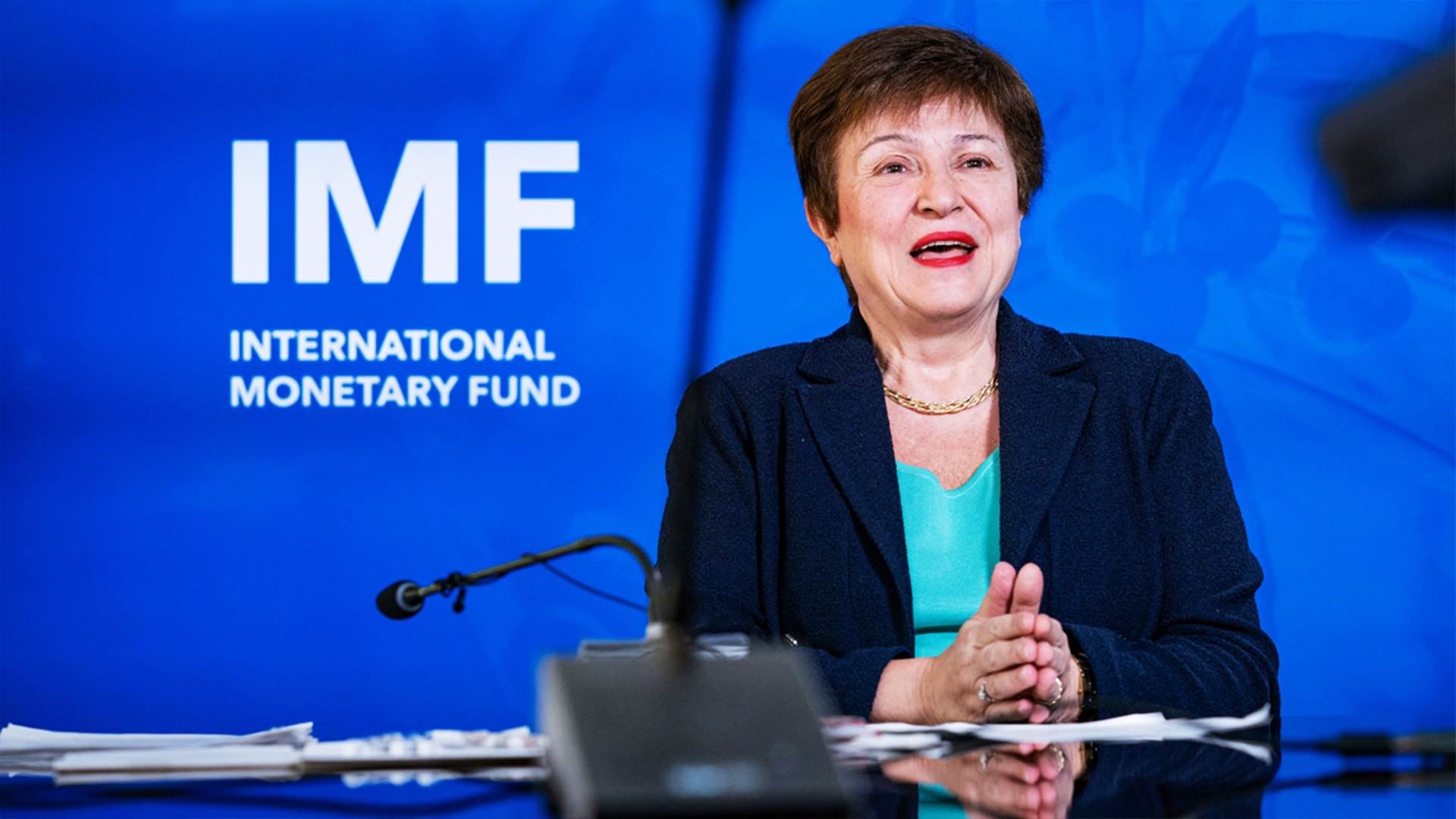Global economy will face tougher times through 2023, one third may enter into a recession: IMF Cheif

The International Monetary Fund has predicted that global financial markets should brace for a tumultuous 2023, IMF Managing Director Kristalina Georgieva warned acccording to Sky News.
China’s outlook in the short term is also particularly dire as it unwinds its controversial zero-COVID policies, which will have further repercussions for other developing nations.
In a wide-ranging interview with CBS, IMF Managing Director Kristalina Georgieva cited a simultaneous slowdown of the three major economies as the reason for the gloomy outlook.
“For most of the world economy, this is going to be a tough year,” she said on Sunday local time.
“Tougher than the year we leave behind. Why? Because the three big economies: US, EU, China are all slowing down simultaneously.”
Although the United States’ economy is resilient and could avoid a recession, Ms Georgieva said one third of the world might not be as fortunate.
“Half of European Union will be in recession, China is going to slow down this year further. Next year will be a tough year for China,” she said.
“That translates into negative trends globally. When we look at emerging markets in developing economies, there the picture is even direr.
“Because on top of everything else, they get hit by high interest rates and by the appreciation of the dollar.
“For those economies that have a high level of debt, this is devastating.”
China, the second largest economy in the world, last week announced it was effectively reopening to the world by removing quarantine requirements after largely being shut off due to the pandemic.
“China has slowed down dramatically in 2022 because of this tight zero-COVID policy,” Ms Georgieva said.
“For the first time in 40 years, China’s growth is likely to be at or below global growth. That has never happened before.”
The IMF head urged policymakers in Beijing to stay on the current course despite how tough coming months will be.
“The relaxation of COVID restrictions would mean bushfire COVID cases throughout China,” she said.
“I was in China last week, in a bubble in a city where there is zero COVID.
“But that is not going to last once people start travelling.”
In October last year the IMF cut back its outlook for 2023, highlighting a number of factors.
It noted higher inflation, tightening financial conditions, COVID-19 and the conflict in Ukraine as reasons why global growth is now forecast to slow from 3.2 per cent in 2022 to 2.7 per cent this year.
“This is the weakest growth profile since 2001 except for the global financial crisis and the acute phase of the COVID-19 pandemic,” it said at the time







